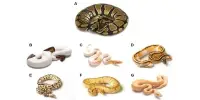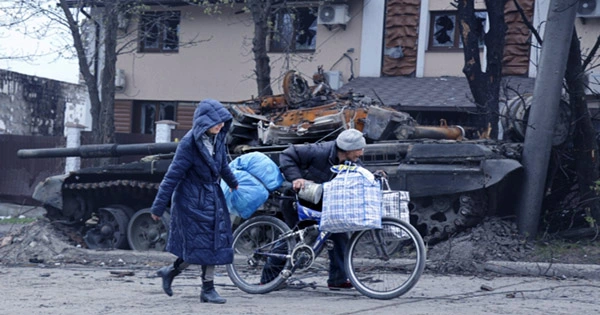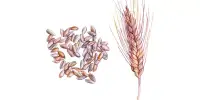The 2024 Nobel Prize in literature has been awarded to Han Kang, a South Korean author, for her “intense poetic prose that confronts historical traumas and exposes the fragility of human life.” Han, 53, began her career with a group of poems in a South Korean magazine, before making her prose debut in 1995 with a short story collection.
She later began writing longer prose works, most notably “The Vegetarian,” one of her first books to be translated into English. The novel, which won the Man Booker International Prize in 2016, charts a young woman’s attempt to live a more “plant-like” existence after suffering macabre nightmares about human cruelty.
Han is the first South Korean author to win the literature prize, and just the 18th woman out of the 117 prizes awarded since 1901. The prize, announced in Sweden on Thursday, carries a cash award of 11 million Swedish kronor ($1 million).
In a statement posted to Facebook on Thursday, South Korean President Yoon Suk Yeol described Han’s win as “a great achievement in the history of Korean literature” and a “national occasion.” He added: “Han has turned the painful scars of our modern history into great literature.”
Much of Han’s work poses the question, voiced by a character in her 2019 novel “Europa,” whose protagonist is wracked by nightmares: “If you were able to live as you desire, what would you do with your life?”
Although many of Han’s protagonists are women, her prose works are often narrated from the perspective of men. “Before my wife turned vegetarian, I’d always thought of her as completely unremarkable in every way,” her novel “The Vegetarian” begins. “However, if there wasn’t any special attraction, nor did any particular drawbacks present themselves, and therefore there was no reason for the two of us not to get married.”
Originally written and published in Korean, “The Vegetarian” was translated by Deborah Smith, who was 28 at the time. Smith, by her own admission, was “monolingual until the age of 21,” and only chose to pursue Korean due to a lack of English-Korean translators.
The Swedish Academy lauded Han’s work for her “unique awareness of the connections between body and soul, the living and the dead.” Through her “poetic and experimental style,” the Academy said, Han “has become an innovator in contemporary prose.”
Anna-Karin Palm, a member of the Nobel Committee for literature, said readers unfamiliar with Han’s work should begin with “Human Acts,” a 2014 novel reflecting on the 1980 Gwangju Uprising, when more than 100 civilians were killed during pro-democracy demonstrations led by students in the South Korean city.
















